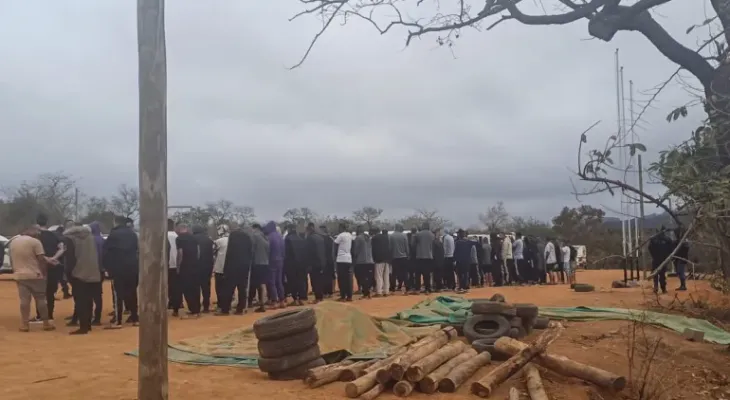
Following Islamabad’s success against the coronavirus, the United States on Wednesday revised the COVID-19 travel advisory for Pakistan and brought it to the “Level 1” category, showed the State Department’s website.
The State Department made the changes based on the US Centers for Disease Control and Prevention’s (CDC) recommendation. The body issues travel advisory for different countries for “travellers and other audiences” so they are informed about the “health threats around the world” and “advises” them on “how to protect themselves”.
Bringing Pakistan to Level 1 means that the US sees COVID-19’s prevalence in the country at a “low level” and only advises travellers to ensure they are vaccinated if they wish to visit the country.
Change in the health threat comes after Prime Minister Imran Khan’s last month decision to shut down the National Command and Operation Centre (NCOC) as the country witnessed a sharp decline in COVID-19 cases.
On Twitter PM said, “As NCOC closes down, I want to congratulate the NCOC team & its leadership for a professional, nationally-coordinated response to the pandemic. As a result international agencies and people in the field as one of the most successful recognised our COVID response globally.”
Pakistan scraps all remaining COVID-19 restrictions
Federal Minister for Planning and Development and Special Initiatives Asad Umar had already announced that the government was scrapping all the COVID-19 related restrictions across Pakistan.
“The pandemic has not ended yet but undergoing the ending phase,” Umar had said while addressing a press briefing at NCOC, flanked by SAPM on Health Dr Faisal Sultan.
Umar, who is also the NCOC chief, had said that after reviewing the COVID-19 situation in the country in detail, the forum has decided to lift all coronavirus restrictions, including protocols for indoor dining, indoor wedding events and markets, sports activities and all the other SOPs across Pakistan.
However, he had said that the only restriction that would continue is the vaccination against COVID-19, but that too till the vaccination ratio reaches 80% or above.
“Then we will consider if we still need to keep the restriction for vaccination in place,” he had said.






